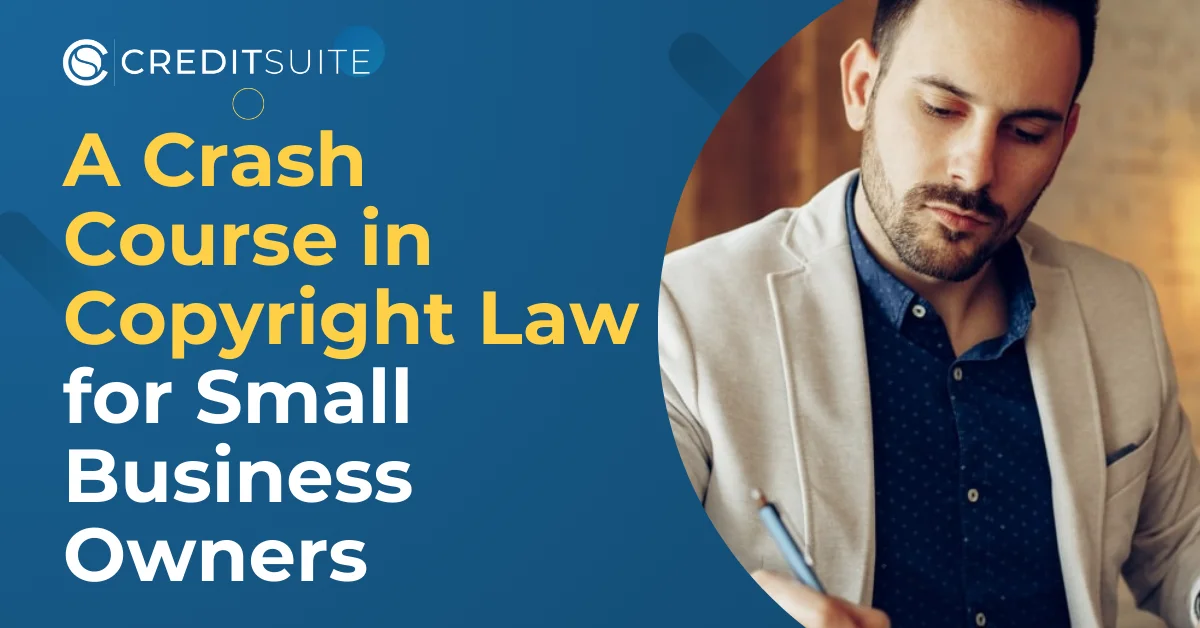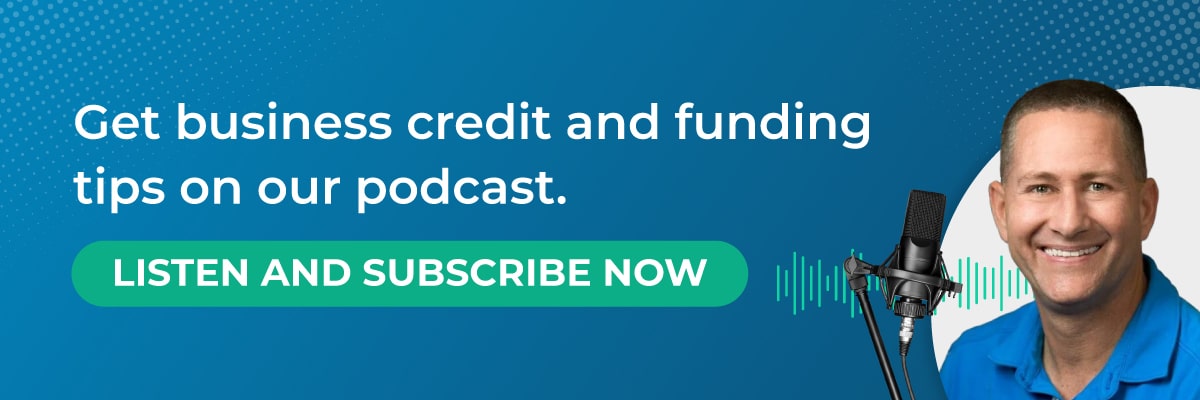Do You Need to Know Copyright Law for Small Business?
You may think your business does not really need to think about copyright law. But think again. All businesses should consider intellectual property and how it may affect them. As a result, voila, copyright law for small business.
But before we go any further ….
Copyright Law for Small Business: Disclaimer
While I am a lawyer, this post is not intended as legal advice. It does not create an attorney-client relationship of any sort. This post should not be considered legal advice.
Always seek appropriate, experienced, and competent legal counsel for your legal situations. Note: this blog post, and this entire blog, is about conditions in the United States. If your situation concerns matters outside the United States, I strongly encourage you to seek appropriate counsel as laws differ.
Copyright Law for Small Business: What is Intellectual Property?
According to the World Intellectual Property Association,
“Intellectual property (IP) refers to creations of the mind, such as inventions; literary and artistic works; designs; and symbols, names and images used in commerce.”
 In practice, for most small business owners, this may or may not mean patents. But if the small business invents anything, then of course it can be about patents. For most business types, it will mean trademarks and copyright in everything from written works to music your company may have composed. It will also often mean designs and symbols, such as logos.
In practice, for most small business owners, this may or may not mean patents. But if the small business invents anything, then of course it can be about patents. For most business types, it will mean trademarks and copyright in everything from written works to music your company may have composed. It will also often mean designs and symbols, such as logos.
Hence this is the Harry Potter books and the Nike swoosh. It’s original music from videos or live performances or recordings. And it’s the wording on your blog, in your free guides, in your advertising copy, and anywhere else.
Sounds a lot like plagiarism, right? Wellll, not quite.
Plagiarism vs. Copyright Infringement
According to the University of Illinois at Chicago,
“Copyright infringement includes the unauthorized or unlicensed copying of a work subject to copyright. (Tech Law Journal)
Plagiarism is using someone else’s work or ideas without giving proper credit. In other words, because you are not giving attribution to the owner of the original work or idea, you are presenting the idea or thought as your own.”
There is nothing wrong with properly cited work. That is the very essence of research, after all.
Given these definitions, it is possible for a person to commit both copyright infringement and plagiarism at the same time. All they would have to do is make an unauthorized copy of a work and then claim authorship without proper attribution. See Plagiarism.org.
Copyright Law for Small Business: Some More Background
In the United States, copyright law for small business – and everyone else – is covered in the Constitution. Cases brought under copyright law are civil. They are not criminal in nature. That means no one can go to jail for copyright infringement.
What Does the US Copyright Office Say?
According to the US Copyright Office,
“Copyright is a form of protection provided by the laws of the United States (title 17, U.S. Code) to the authors of “original works of authorship,” including literary, dramatic, musical, artistic, and certain other intellectual works. This protection is available to both published and unpublished works.”
What Does the Copyright Act of 1967 Say?
According to Section 106 of the Copyright Act of 1967, a copyright holder can:
- Reproduce the work in copies
- Prepare derivative works based upon the work
- Distribute copies of the work to the public by sale or other transfer of ownership, or by rental, lease, or lending
- Perform the work publicly, such as in music, dance, plays and motion pictures and other audiovisual works
- Display the work publicly, including the individual images of a motion picture or other audiovisual work
- Perform the work publicly (in the case of sound recordings) by means of a digital audio transmission
Copyrights are assets and they have value. They can be bought and sold, and they can even be inherited.
In the United States, copyrights expire after 70 years, but copyright holders often try to get extensions. This is particularly true for very large copyright holders such as Disney. Keep in mind, laws change, so be sure to check with a qualified lawyer before going ahead and copying.
Never, ever assume a work of art is not subject to copyright.
Copyright Law for Small Business: How Does This Apply to You?
Keep in mind, for the small business owner, intellectual property will generally be about:
- Any patents the business or its employees hold
- The copyright in any artwork the business owns or tries to use
- Trademarks connected to the products the business makes and sells
It can also be about any books which your company publishes. If you provide e-books, even if they are free, copyright can attach.
Copyright has nothing to do with profit or price.
Copyright Law for Small Business: What Does it Mean to Own a Valid Copyright?
Ownership of a valid copyright consists of:
- An original work
- Which can be subject to copyright
- A point of attachment of the work, such as to permit a claim of copyright. This means authorship
- Compliance with applicable statutory formalities; and
- If the copyright holder is not the author, a transfer of rights or other relationship from the author.
So keep in mind, any work in a fixed medium (‘fixed’ in this instance means computers, the internet, and the cloud) has copyright attach the moment it’s ‘fixed’. So there is still a copyright without registration.
But you still want to register.
A copyright registration certificate from the Copyright Office serves as direct evidence of elements (1) through (4). Registration with the US Copyright office is necessary to successfully bring an infringement claim. Though it’s not strictly necessary to bring other complaints, such as for theft. And even then, it’s awfully helpful. You are far, far less likely to win even an ancillary matter without it.
Oh, and by the way, mailing your work to yourself does absolutely nothing in the context of copyright. That’s an old myth that deserves to die.
Copyright Law for Small Business: Infringement and its Exceptions
If someone uses intellectual property without the owner’s permission, they are said to be infringing on copyright. But there are some exceptions.
- Fair Use – nonprofit, personal, and educational usage will usually be seen as being ‘fair use’. So will criticism, news reporting, commentary, and possibly parody and/or satire. But keep in mind: parody and/or satire is very difficult to prove.
- The Nature of the Work – if the intellectual property is private and unpublished, then the infringer is more likely to need permission to use or quote it.
- Amount – a few lines of a 100,000 word novel are probably okay. 75% of that novel? Nope.
- Market Effect – for fair use to apply, licensing has to be unavailable or impossible to obtain; there can’t be a major impact on the intellectual property holder; and it helps if the infringer already owns a legal copy of the work.
Copyright Law for Small Business: What it All Means to the Small Business Owner
If your company owns intellectual property, or you think you might, it might be a good idea to consult with an intellectual property lawyer. If you have these kinds of assets, they are worth protecting. This means getting patents on inventions. And it also means filing for copyright protection for your trademarks and any intellectual property.
Copyright Law for Small Business: Where Does Originality Fit In?
It also means your own intellectual property needs to be original. You can’t copyright an idea, but the application of an idea can be copyrighted. Hence the idea of a picture of a swan is not subject to copyright, but a specific picture of a swan is. This means – don’t just take images online for use. There may be a copyright in them. How can you tell? Ask the owner of the site where you saw the image. You might be able to purchase a copy or a license and use the image.
How to Stay Out of Copyright Infringement Hot Water
You can also make sure you are not infringing. One way is to only use creative commons or public domain images, and only from reputable sites. Another option is to pay for any images you want to use. Or, you can make the images yourself. With smartphones, most people can do an adequate job. But you will likely need to have some education and skill to do anything truly artistic. Still, you should be able to handle your image needs in a pinch.
Copyright Law for Small Business: Takeaways
Always protect your intellectual property. And always respect others’. Artists and writers work as hard as truck drivers and residential real estate agents. They deserve to be fairly paid for their work product.
And regardless of which side you end up on, if you are ever involved in a copyright case, be sure to secure competent legal counsel. This is one case where you should not be winging it.
Keep out of copyright hot water and protect your own intellectual property. It’s a business asset!

